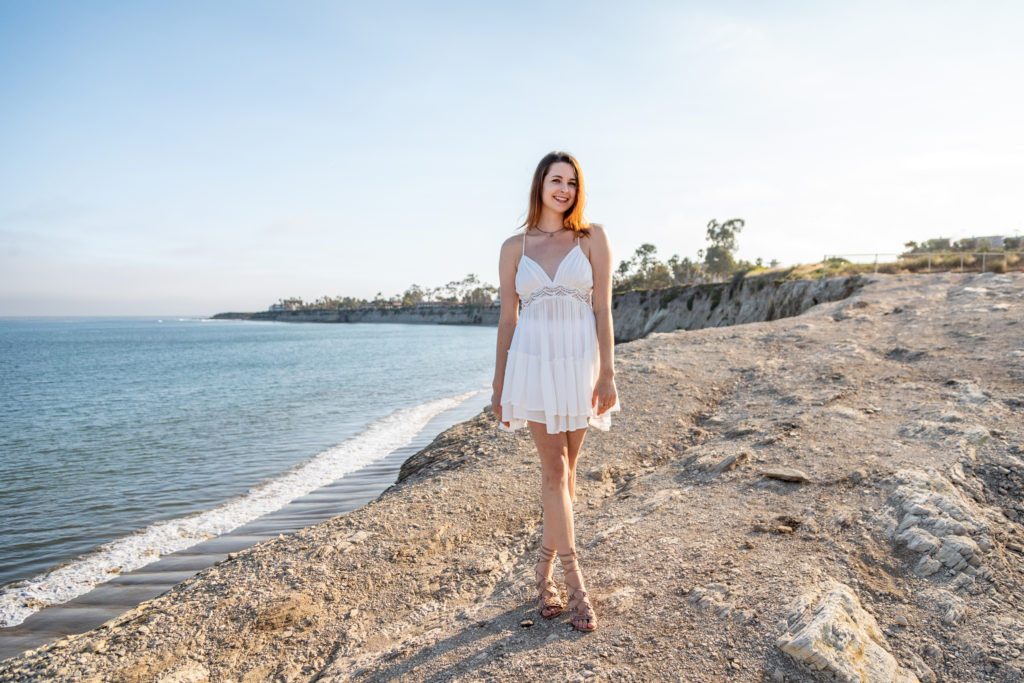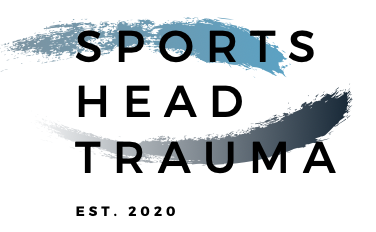
At my freshman orientation for UCSB, our tour guide said, “For the 6th best public university, you would think we would be smart enough to wear helmets.” I never saw a single person in my four years there wear a helmet, whether it was biking, skating, or riding an electric scooter. It wasn’t that we didn’t want to, it’s that no one thought we had to. We always assume nothing bad could happen when you’re so close to home.
I was about three blocks from my home when I flipped over my bike handle bars in the middle of the street. I woke up after about two minutes of being unconscious, in the back of someone’s pick up truck with a paramedic shining a light in my eyes. In the ambulance he asked me what hurt, and I managed to say “my head.”
The scariest thing about concussions of this severity is losing your memory. Not only are you dazed from the injury itself, but it’s terribly traumatizing to have no idea what happened to you. I didn’t know if I had been hit by a car, hit someone else, or hit a rock. The last thing I could remember was biking home.
I was in the ER for about five hours. They did a CT to check for brain bleeds and an X-ray to make sure I hadn’t broken any part of my skull, cheek, or jaw. They monitored me for a little while until they felt like I was cognitive enough to go home I suppose. I remember the whole thing feeling very impersonal, like it was just another day to everyone there.
This was my first and only concussion, and I had no idea what to expect. I couldn’t remember a single thing the doctors had said to me the next morning, and surprisingly enough I woke up feeling tired but generally okay the next day. It wasn’t until I spoke with my dad that morning, who has played and coached soccer his whole life, that I was told I needed to take this seriously. It was the second day that I woke up with the worst pain I had ever felt covering my entire head, neck, and face. I couldn’t turn on my lights or walk outside, and I felt like I could hear every sound within a five mile radius. I was terrified because no one had told me what to expect, or at least not that I could remember.
I ended up having to drop my last three classes I needed for my minor and applied for graduation a quarter early because I couldn’t finish. I spent about two weeks in the SF Bay Area seeing a couple different neurologists who had diagnosed me with a grade three concussion or TBI. The instructions on how to take care of myself were the same as any concussion: no screens, no lights, no noise. What they didn’t tell me is how long I would be feeling the effects of the TBI. My most significant symptoms, aside from the expected headaches, was the way my vision was affected. I could no longer drive at night or see straight in stores with bright lights because my vision was covered in blurry floaters that made it difficult to see. The ophthalmologist said I had hit my head so hard the collagen in the back of my eye had knocked and stuck together, causing my vision to be partially blocked when bright light would pass through. This could be corrected with surgery or, hopefully, get better on its own.
It’s been a little over two years since this accident. I still have trouble driving at night and I get phantom headaches in the left side of my head where I hit the ground. I don’t hear as well out my left ear as I do my right, and my jaw makes an awful popping noise when I open it. Of course I wish I could go back and change what happened, but if my story can provide any sort of education to prevent this from happening to someone else then I feel better about these mistakes. I went wrong in a few places, not wearing a helmet and hanging a bag from my handlebars being the main issues, but thinking I was safe from harm because I was close to home was the harshest reality check.
“It doesn’t matter if you’re three miles or three blocks from home, something like this can happen to anyone anytime, and being smart about how you ride can save your life.”
